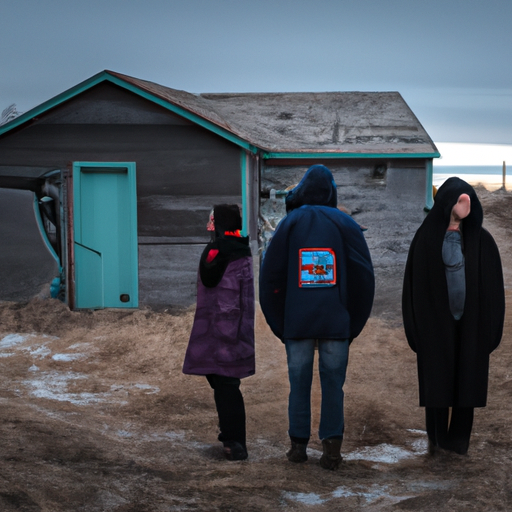Opioid Crisis and its Impact on Indigenous Communities in Manitoba
Recent reports from APTN News shed light on the link between a shortage of nursing staff and the worsening health crises in Indigenous communities in the midst of the Canadian opioid crisis. We are presented with a situation where factors such as opioids and limited healthcare resources combine, creating a near-perfect storm damaging to the health and lives of our vulnerable Indigenous population. Let’s delve into this issue further.
The Health Crisis
The opioid class action in Canada has led to a surge in patients requiring medical assistance, long-term treatment, and various social services, which strains the already limited resources. In Manitoba’s Indigenous communities, this strain is significantly worse due to a chronic nursing shortage. With most healthcare services in these areas delivered by nurses, the impact is devastating.
The Impact of Nursing Shortage
Nursing shortages bring about two key issues: an increase in waiting time for assistance and a drop in the quality of care provided due to overworked staff. Detrimentally, both issues can lead to worsening health situations for individuals in these communities, many of whom are already grappling with complex health issues associated with opioid addiction.
Opioid Crisis Fuelling Health Woes
The opioid crisis in these communities not only exacerbates existing health issues, but it also potentially induces new ones such as infectious diseases resulting from substance misuse. It’s vital to remember that opioid addiction isn’t just about the drugs. It has wider, profound social implications like spiking crime rates, homelessness, and placing further burdens on the social welfare system.
Opioids, Crime, and Homelessness
There seems to be a close association between opioid use, crime rates, and homelessness. The desperation to feed addiction can lead individuals to resort to theft or other illegal activities, thereby disrupting overall community safety. Similarly, opioid addiction is a root cause of homelessness as individuals struggle to maintain employment and housing stability.
Recommended Alleviation Efforts
The APTN News article emphasizes steps to alleviate these crises:
- Recognition of the nursing shortage as a crisis.
- Investing in healthcare infrastructure in these communities.
- Training and initiatives to attract and retain more healthcare professionals.
- Approaching the situation with cultural sensitivity and understanding.
- Implementing harm reduction strategies such as naloxone access to counter overdose incidences.
Summary
In conclusion, the opioid crisis, compounded by the nursing shortage, has created a significant health crisis in Manitoba’s Indigenous communities. We cannot ignore the socio-economic implications of this crisis, such as homelessness and crime, as they directly and indirectly influence the cycle of addiction. Increasing healthcare resources and implementing harm reduction strategies such as access to naloxone are among the key actions needed. We must also address the stigma surrounding addiction and promote cultural understanding, acknowledging that these communities, just like all others, deserve support, care, and a chance to heal and thrive.


